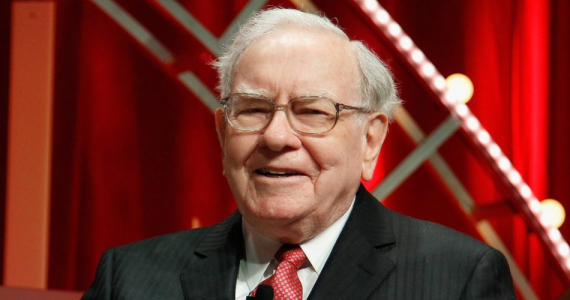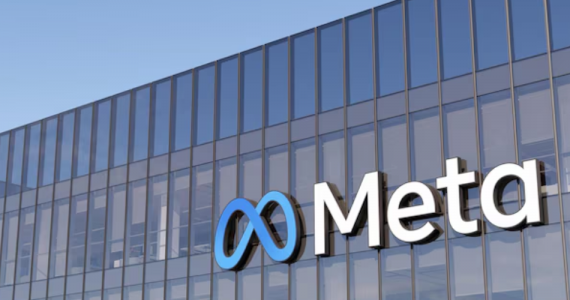As trade tensions stir uncertainty in global markets, Costco Wholesale is taking a bold, customer-focused approach. The retail giant has decided to lower prices on core items, including eggs and mattresses, as part of a broader effort to shield shoppers from tariff-related price hikes.
This move aligns with Costco’s long-standing pricing strategy: deliver consistent value without sacrificing quality. During its fiscal third-quarter earnings call, leadership doubled down on that mission—signaling that affordable pricing isn’t just a tactic, but part of the company’s DNA.
Focus Remains on Value, Not Inflation
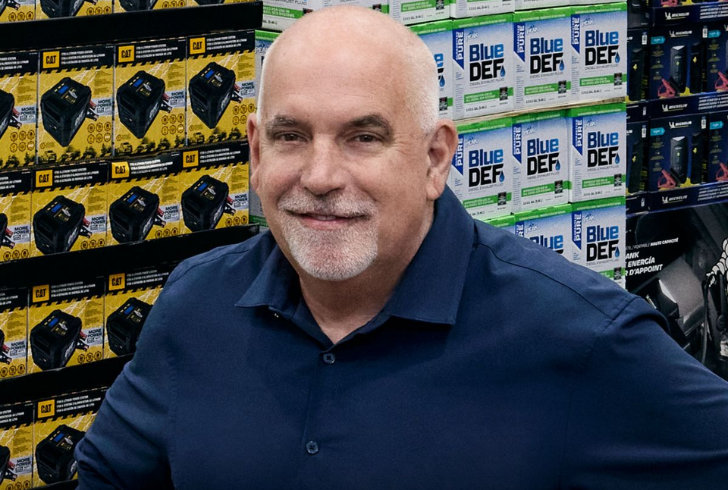
Chief Executive Ron Vachris made it clear that Costco’s priority lies in protecting its members. “We’re going to continue to invest in price,” he said on Thursday’s call. “It’s how we expand our business, and we will work to minimize the impact of this tariff on our members.”
CFO Gary Millerchip echoed the sentiment, emphasizing that raising prices remains a “last resort.” This shared commitment to affordability builds trust, especially at a time when many competitors are passing costs to consumers.
Real-World Measures in Play
To lessen the tariff burden, Costco adjusted its global sourcing strategy in several ways:
1. Rerouted shipments away from tariff-heavy zones
2. Increased local sourcing, especially for U.S. store inventory
3. Stocked up on seasonal products early to avoid price volatility
In particular, the company focused on importing more U.S.-made items such as mattresses and pillows, strengthening its domestic supply chain.
Eggs, Butter, and Olive Oil Just Got Cheaper
Egg prices often reflect broader trends in consumer inflation—and Costco just knocked them down by about 10%. Notable decreases were also observed in butter and olive oil. These lower price tags offer relief for families trying to manage grocery bills.
Unlike some competitors who have hinted at price hikes, Costco is moving in the opposite direction. For instance, Walmart suggested it might need to raise prices, prompting a public rebuke from former President Donald Trump, who encouraged the company to “eat” the tariffs instead. Costco appears to be doing just that—absorbing extra costs to keep shelves affordable.
Kirkland Brand and Strategy Synergy
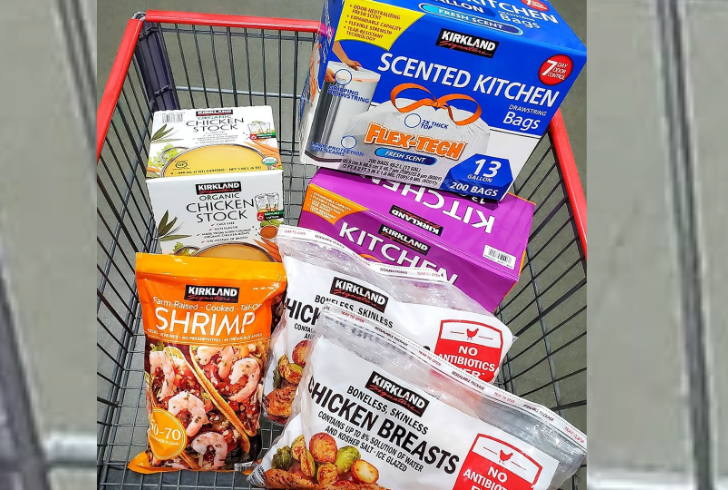
Costco’s private label, Kirkland Signature, continues to outperform expectations. During Q3, Kirkland sales grew faster than the company’s overall revenue. The brand’s success lies in offering premium-quality products at consistently lower prices—a formula that attracts budget-conscious and brand-loyal shoppers alike.
Kirkland items span across: Grocery staples, Household goods, and Apparel and electronics.
Also, longer gas station hours helped attract more traffic and improve customer convenience. These touchpoints give members extra reasons to shop, beyond typical savings.
The Numbers Behind the Strategy
For the quarter ending May 11, Costco reported:
1. Profits per share: $4.28, which is higher than the $4.24 projection.
2. Revenue: $63.21 billion (also beating expectations)
3. Same-store sales: 5.7% growth
4. E-commerce sales: 14.8% increase
Although same-store sales slightly missed the 6% growth forecast, the overall report reflects strong consumer demand, especially among price-sensitive segments.
Analysts Weigh In
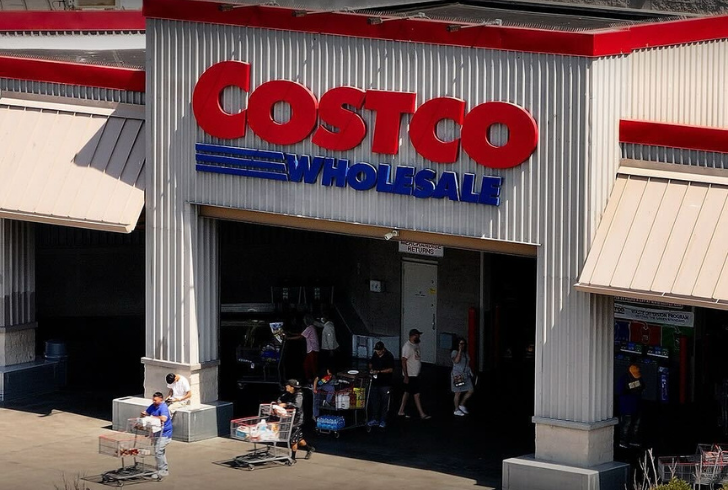
Zacks Investment portfolio manager Brian Mulberry said, “This report reflects that cost-conscious consumers are still hungry for deals.” That hunger gives Costco an edge as households look for savings amid rising living costs.
UBS analyst Michael Lasser added that Costco’s model provides “all-weather-type characteristics,” making it resilient even when economic conditions tighten.
According to him, one-third of Costco’s U.S. inventory still faces tariff exposure—but the company’s strategy aims to minimize any impact on customers.
Managing Growth Smartly
During the Q3 call, Lasser also asked about store capacity, especially concerns over crowded parking lots and packed aisles. Vachris responded with clear plans: upcoming warehouse openings in the fourth quarter aim to ease pressure on existing locations.
He also pointed to new technology solutions—particularly improved checkout processes—that will reduce wait times. “Turning over parking spaces faster improves the experience for everyone,” he said, highlighting the link between logistics and customer satisfaction.
Costco’s Strategy Strengthens Market Position
As tariffs continue to complicate global supply chains, Costco stands out by sticking to what works: simple pricing, strong private labels, and customer-first thinking. Its ability to adapt through local sourcing, early planning, and value-driven products keeps it competitive—even in uncertain economic climates.
By holding firm on price cuts rather than price hikes, Costco continues to win customer loyalty and grow its footprint. With each move, it reinforces its role as the go-to choice for value seekers—earning not just profits, but long-term trust.




